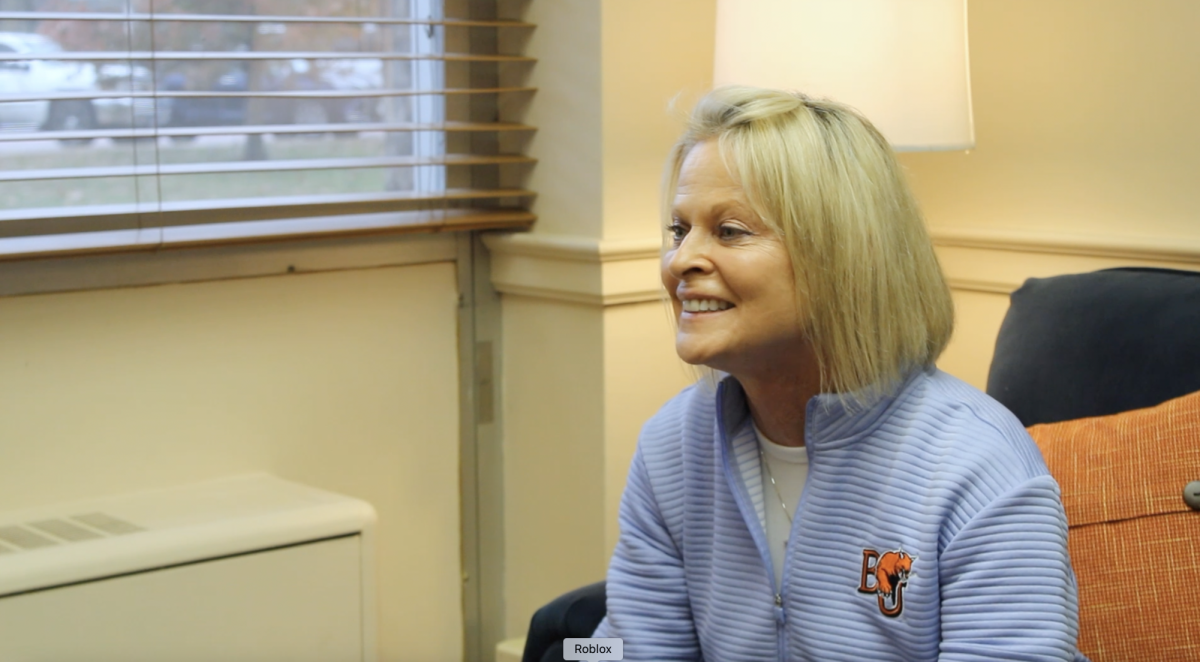With all the major and local channels only broadcasting digitally as of Feb. 17, the time to switch to all digital television rapidly is approaching.
“On Feb. 17, all local broadcasting has to transition from an analog to a digital signal by mandate from Congress,” Randy Hollis, senior manager of government relations for Mediacom, said. “One of the big advantages with switching is a clearer picture. Also, the sound is great and there are more channel options.”
Congress passed the Deficit Reduction Act of 2005, requiring all television stations discontinue the use of analog channels. The transition to only digital television will move all present televisions using analog, the common way of transmitting signals, to strictly digital broadcasting. This will help create less interference with airwaves.
Baker University receives its cable service via Medicom, which is helping Associate Dean of Students Teresa Clounch assure students living on campus the transition should be a smooth one.
“Students who have recently purchased a television should already have the needed equipment for the switchover built into the television,” Clounch said. “However, students with relatively older sets may have problems. Mediacom has been very satisfactory in making sure the change at Baker goes smoothly.”
Anyone who is presently receiving cable or satellite using analog should not be affected by the change and will not need a digital-to-analog converter box. Anyone using an antenna will either need to buy a TV converter box, purchase a new television with a digital tuner or start subscribing to a television pay service like cable or satellite.
“People with existing cable will be fine if they are hooked up to the cable,” Hollis said. “If they have a set not hooked to cable and using an antenna, they need to look into purchasing a box.”
Digital-to-analog converter boxes range from $40 to $70 each and can be purchased at most electronic stores. To help with converter box costs, the government is offering two $40 coupons for each U.S. household.
However, the National Telecommunications and Information Administration recently announced it has reached its maximum funding for the program. Thus, people who have yet to receive coupons are being placed on a waiting list.
Katelyn Brewer, Zeta Tau Alpha sorority president, said she’s not worried about the conversion even though she lives off campus.
“The change really will not affect our house because we have a newer TV set,” she said. “It will be nice though, to have a clearer picture and better sound.”
Earlier this week, a bill was introduced by Senate Commerce Committee Chairman Jay Rockefeller to delay the Feb. 17 switch to June 12. The bill was passed unanimously by the Senate and moved to the House of Representatives on Wednesday. However, the bill failed to pass with a two-thirds vote, and so the DTV conversion will go ahead as planned Feb.17.








